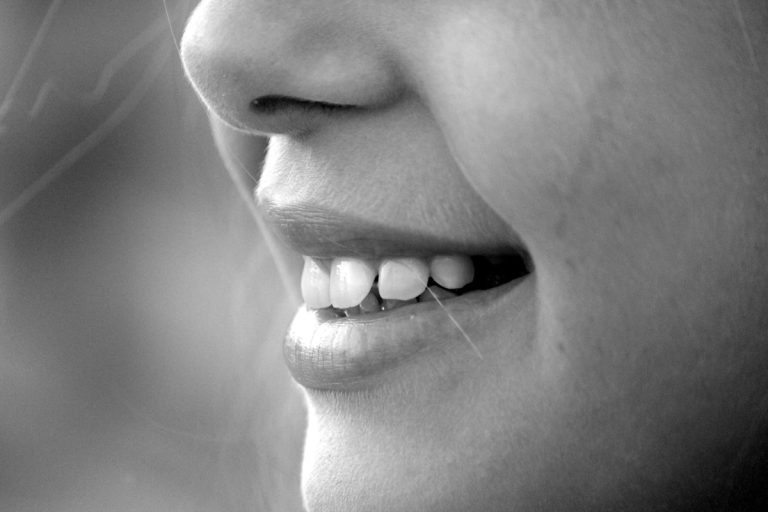For many people, self-esteem is closely linked to physical appearance. This can become a significant issue when it comes to oral health since our teeth and mouths are highly visible. You’re not alone if you’re struggling with the shame and embarrassment associated with bad teeth or poor oral hygiene. This article will discuss how to address the psychological effects of poor oral health and boost your self-esteem.
1. Recognize Your Feelings
The first step in coping with low self-esteem due to bad teeth is recognizing your feelings. It’s important to understand that having negative feelings about your appearance is normal but that it doesn’t have to define you. Recognizing your feelings is the first step in moving past them and focusing on improving your situation.
You can start by noting what triggers your negative feelings and how they make you feel. This exercise can help you gain insight into your mindset and begin recognizing patterns in your behavior. Many people feel ashamed of their teeth and feel embarrassed when they have to talk or smile in public. But if you recognize your feelings, you can start dealing with them healthily.
Try to focus on the positive aspects of yourself, such as your personality traits and accomplishments. Practice self-compassion and remind yourself that everyone makes mistakes and has flaws. These positive thoughts and feelings can help you move past your insecurities. Remember that you are worthy of love and respect regardless of your physical appearance.
2. Identify Treatment Options
Another critical step in dealing with low self-esteem due to bad teeth is seeking professional help from a dentist or orthodontist. Various treatments are available for cosmetic and functional dental issues that can help improve the health and appearance of your mouth. A professional can also advise you on treatments that may benefit you based on your particular needs.
For example, missing teeth can be a source of self-consciousness, but dentists can offer solutions such as implants. A dental implant procedure can replace a tooth and restore your smile, boosting your confidence in the process. It also ensures that you can chew and speak more effectively.
Orthodontic treatments such as braces can also help straighten crooked teeth and correct any bite issues you may have. Especially if you grew up with a misaligned smile, braces can transform your appearance and enhance your self-esteem. While treatment options depend on your particular needs, consulting a professional can help determine the best approach for your situation.

3. Make Lifestyle Changes
After identifying treatment options, you can also work on making lifestyle changes that will improve your oral health and confidence. This may include changing your diet or making an effort to brush and floss daily. Eating plenty of fresh fruits and vegetables, whole grains, and dairy products can help keep your teeth healthy and strong.
Limiting sugary snacks and drinks can also help prevent cavities and other dental problems. Brushing your teeth twice a day for two minutes and flossing once daily can also help keep your teeth clean. Additionally, visiting the dentist every six months for check-ups is essential for maintaining good oral health. Of course, smokers should quit smoking to reduce the risk of gum disease and other dental issues.
Making lifestyle changes that promote good oral health can help improve your confidence and overall health. You will be more likely to smile and speak in public without feeling ashamed or self-conscious. You will also feel better knowing that you care for your teeth and body.
4. Take Care of Your Mental Health
Finally, taking care of your mental health while addressing any underlying dental issues is essential. Many people experience feelings of depression and anxiety when dealing with low self-esteem due to poor oral health. Don’t be afraid to seek help if you’re feeling overwhelmed or anxious.
Therapy can also be beneficial for developing coping strategies and learning how to manage difficult emotions. You can also find support from friends and family or join a local support group for people with similar concerns. Find activities that make you feel good and give you a sense of accomplishment, like playing an instrument or painting. Set aside time to relax and take some deep breaths to clear your mind.
Dealing with low self-esteem due to bad teeth can be difficult, but there are several steps you can take to address this issue head-on. By recognizing your feelings, seeking professional help from a dentist or orthodontist, and taking care of your mental health, you can start feeling better about yourself and build back up your confidence. Always remember that you are worth it and that taking small steps can make a big difference. With the right support, you can overcome low self-esteem.











